Semester- 1 |
English Language & Technical Communication | Physics – 1 (Gr-A) |
Physics – Lab | Basic Electrical & Electronic Engineering -1 |
Mathematics-1 | Drawing & Computer Graphics (Gr-B) / Workshop Practice (Gr-A) |
Basic Electrical & Electronic Engineering – 1 | Engineering Mechanics |
Semester- 2 |
Basic Computation & Principles of Computer Programming | Basic Computation & Principles of Computer Programming |
Physics - 1(Gr-B) / Chemistry-1(Gr-A) | Physics – 1 (Gr-B)/ Chemistry-1 (Gr-A) |
Mathematics-2 | Basic Electrical & Electronic Engineering Lab |
Basic Electrical & Electronic Engineering-II | Workshop Practice (Gr-B) / |
Thermodynamics & Fluid Mechanics | Basic Drawing & Computer Graphics (Gr-A) |
Semester- 3 |
Mathematics | Data Structures Lab |
Data Structure & Algorithms | Digital Electronics and Logic Design |
Circuit Theory & Networks | Lab |
Computer Organisation | Programming Practice Lab |
Digital Electronics & Logic Design | Circuits & Networks Lab |
Principles of Programming Language | - |
Semester- 4 |
Mathematics | Operation Research Lab |
Formal Language & Automata Theory | Communication Engg. Lab |
Operation Research & Optimisation | Technical Report writing & / Techniques |
Principles of Communication Engg | Computer Architecture & Organisation Lab |
Advanced Computer Architecture | - |
Semester- 5 |
Operating System | Operating System Lab |
Database Management System | Microprocessor & Microcontrollers Lab |
Design & Analysis of Algorithm | Control System |
Microprocessor & Microcontrollers | Control System Lab |
Database Management System Lab | - |
Semester- 6 |
Computer network | Computer network Lab |
Software Engineering | Object Technology Lab |
Computer Graphics & Multimedia | Computer Graphics & Multimedia Lab |
System Software and Administration | System Software & Administration Lab |
Object Technology & UML | - |
Semester- 7 |
Language Processor | Artificial Intelligence lab |
Artificial Intelligence | Visual Programming and Web Technology Lab |
Visual Programming and Web technology | Assigned Project |
Financial Management and accounts | Elective I |
Semester- 8 |
Values & Ethics in Profession | Assigned Project |
Industrial Management | Elective III |
Elective II | - |








 Certificate in AI and Machine Learning
Certificate in AI and Machine Learning HCL Technologies Limited
HCL Technologies Limited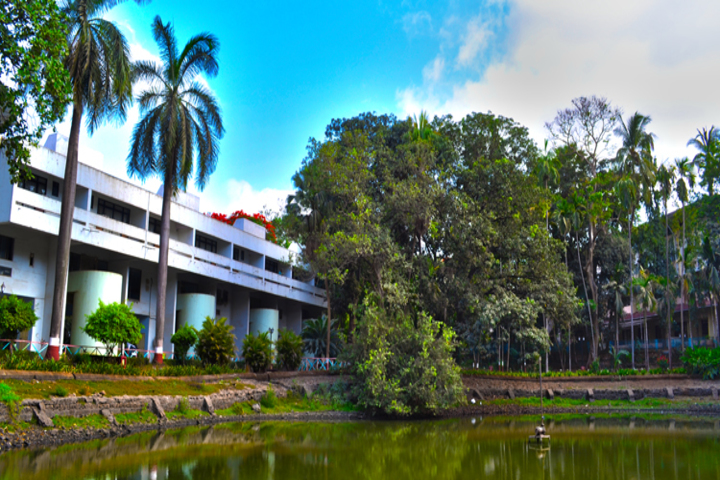
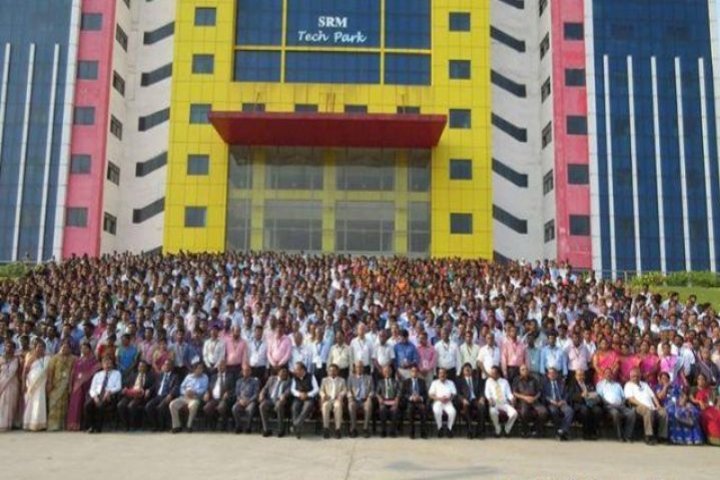
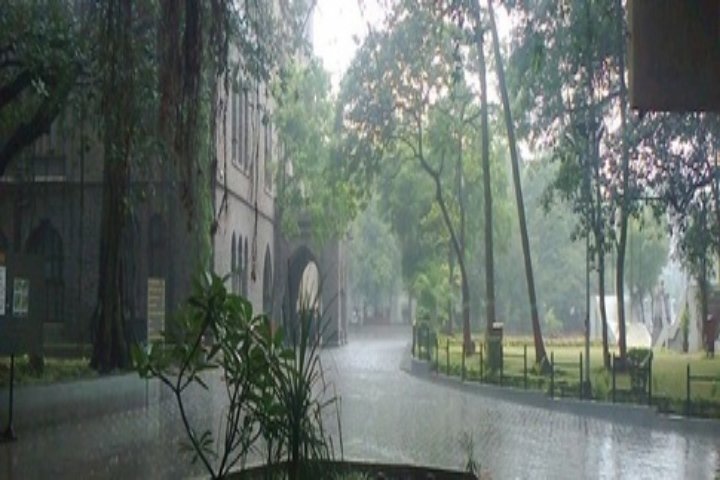
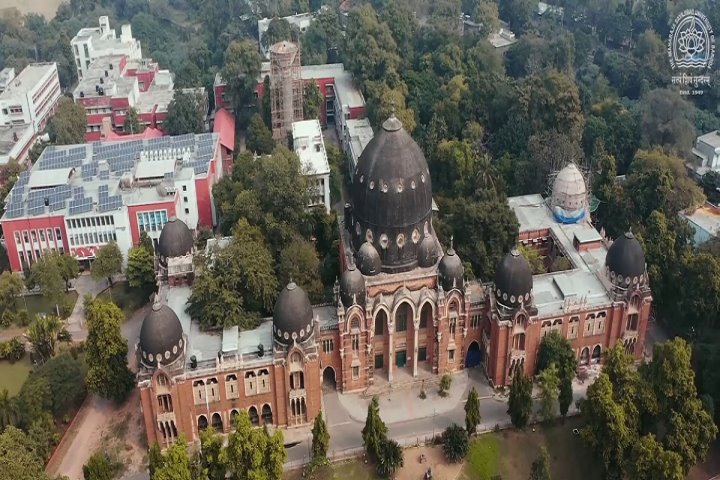
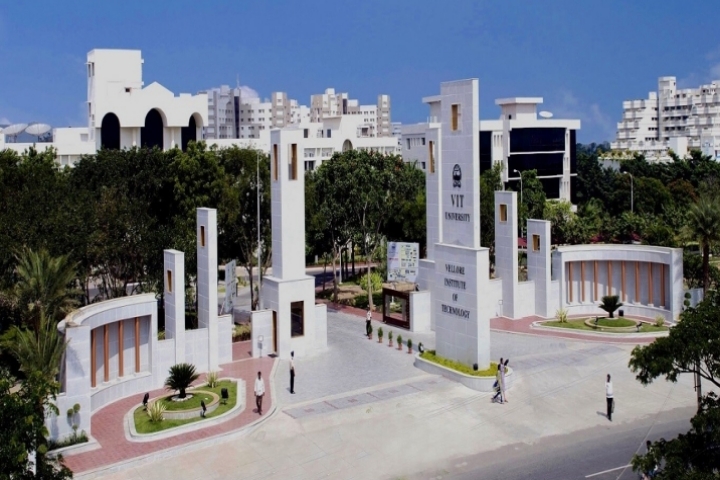
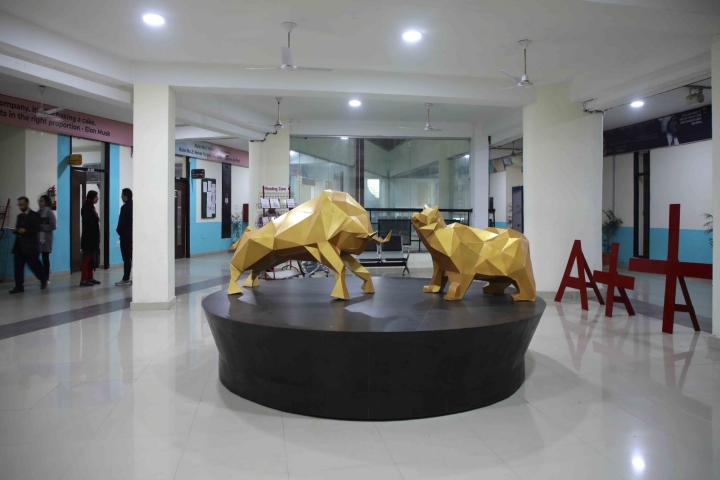
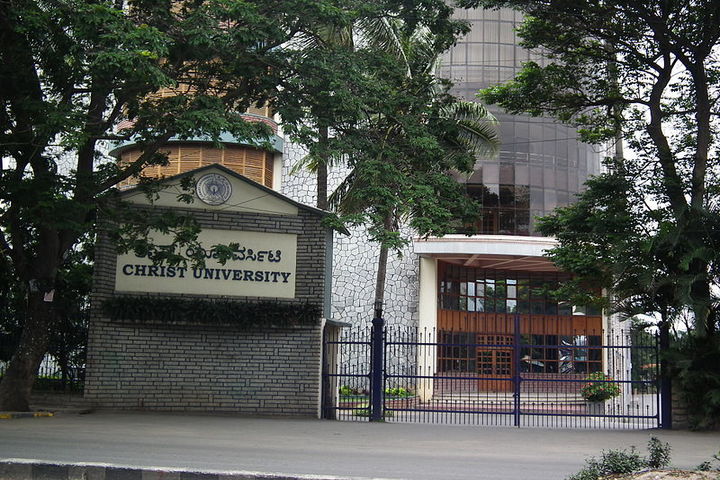

 Answer later
Answer later








